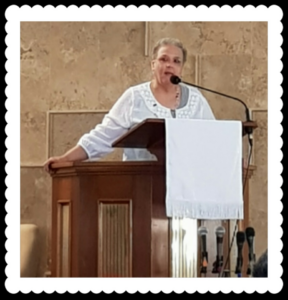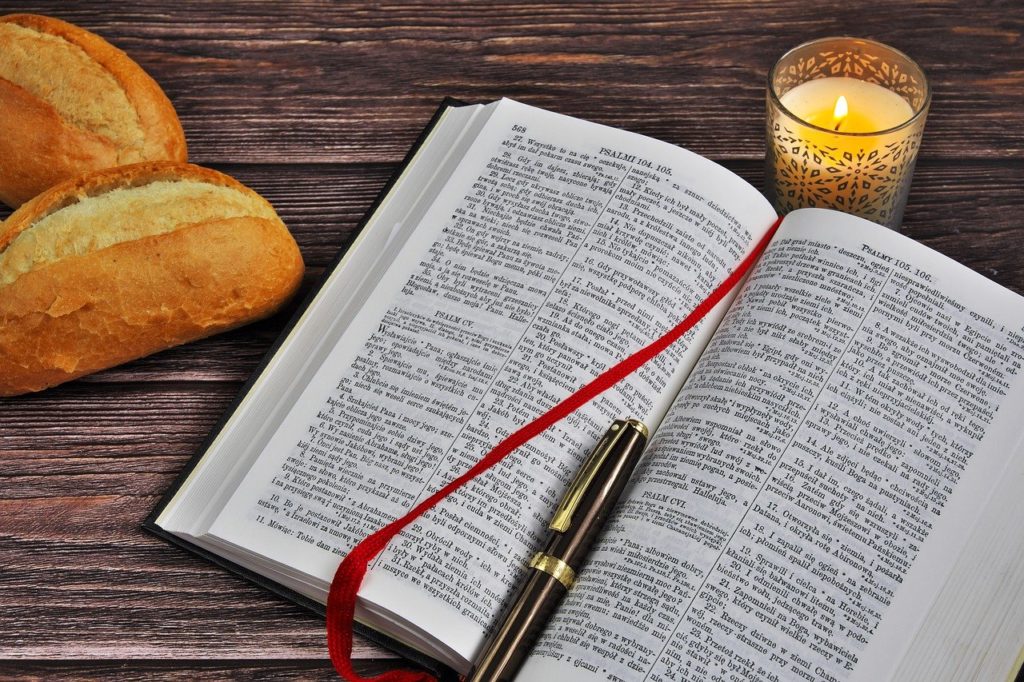We’re glad you’re here! Rev. Santos will be providing a new Blog Entry each month. Note that the January 2021 date is the date this page was created.

From Pastor Santos, April 21, 2025
From Pastor Santos, March 29, 2025
Life is full of ironies. The same thing happens in spiritual life. Many times, I call those spiritual ironies, “glorious ironies”. Don’t you think it is such a beautiful irony that the very first worshipers of the Lamb of God were shepherds? In a like manner, although some few decades after that, that Lamb of God was condemned to the tree of death (the cross), that tree of death was actually bringing life.
One of the very interesting passages of the New Testament, encloses one of those glorious ironic moments. According to Luke, the gospel writer, it was Sunday early morning. Jesus has been killed on the previous Friday. Two of Jesus’ disciples were getting out from Jerusalem likely to a town called Emmaus, not fully aware of the most recent (good) news. Their topic of conversation was Jesus himself, his deeds, his arrest and sad killing.
As they were talking, another pilgrim jointed them and their conversation. Glorious ironies! Guess who was the pilgrim joining their journey? The same one that they thought was dead; they did not even recognize him! Even more, the two disciples accused the Resurrected one to be an ignorant stranger when Jesus asked the two guys about the topic of the day: “Are You the only stranger in Jerusalem, and have You not known the things which happened there in these days”?
From Pastor Santos, March 4, 2025
From Pastor Santos, February 17, 2025
From Pastor Santos, January 21, 2025
Psalms are a mosaic of all human emotions and all of them are represented along the psaltery. Then, there are praises psalms, trust psalms, royal psalms and … imprecation psalms (those that curse) and also psalms of the dark night of the soul (the ones of total desperation). Fascinating! Each one of the psalms faithfully depicts the circumstances of each one of us; even here and now. When some can be in a victorious and joyous time, some others can be in distress or with low, really low levels of confidence. That’s the way it is. To believe that all who are a regular parishioner, never experiences moments of desolation and anguish, is not only a mistake, it’s a huge fallacy. Because we have walked with all those shoes in different moments of our life; the shoes of sadness, desolation or loneliness (or maybe we are wearing those shoes right now) we identify so well with the Psalms.
Allow me to make a confession. I am a natural born desperate. Yes, I’m a minister. Yes I wear a stole every Sunday morning as one of the symbols of the ministerial office and I am a natural born desperate. I just don’t have the waiting gene in my genetical package or at least, if I have it, it is severely damaged. Psalm 40, one of the all-times favorites, begins saying “I waited patiently for the Lord.” Well, in my Bible, the one that I study on a regular basis, I wrote the prefix “im” in front of the word patiently, so my Bible says, “impatiently I waited for the Lord.”!
Although I don’t feel too comfortable encouraging you to patiently wait. I certainly, however, can invite you to either patiently or impatiently keep waiting on the Lord!
Why don’t we wait together?
Comments; thoughts? I would love to hear them!

